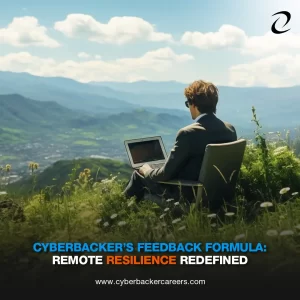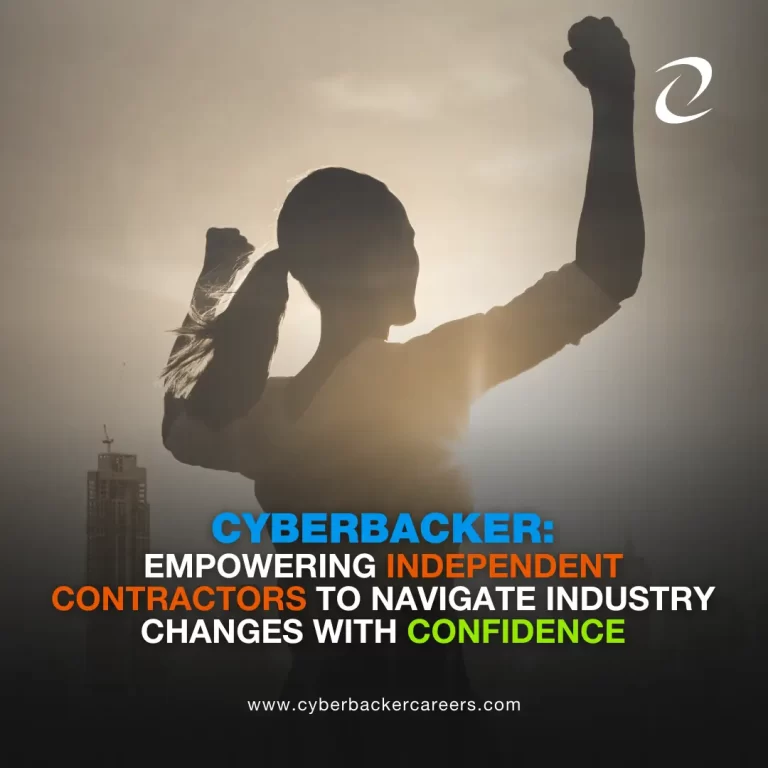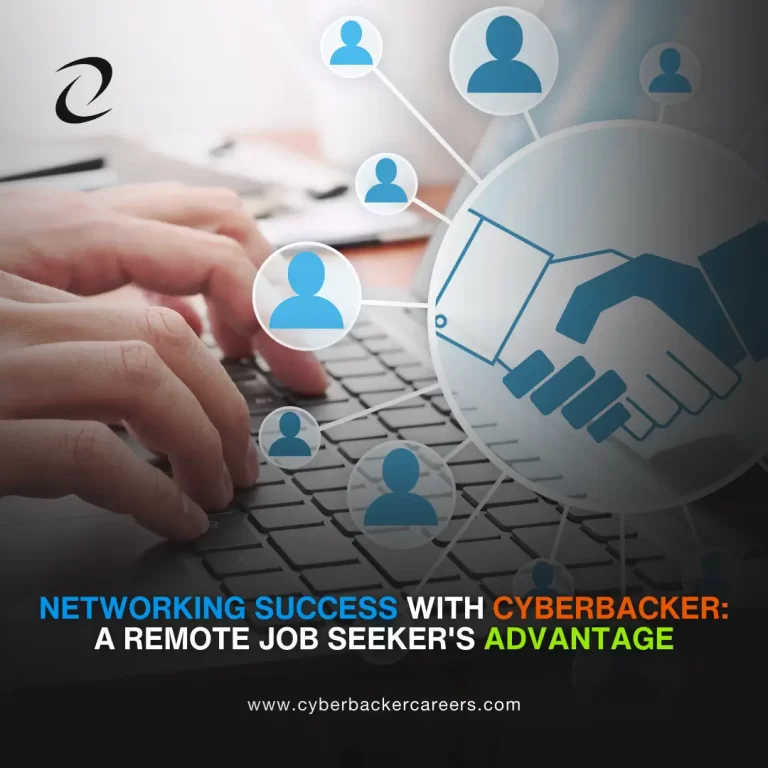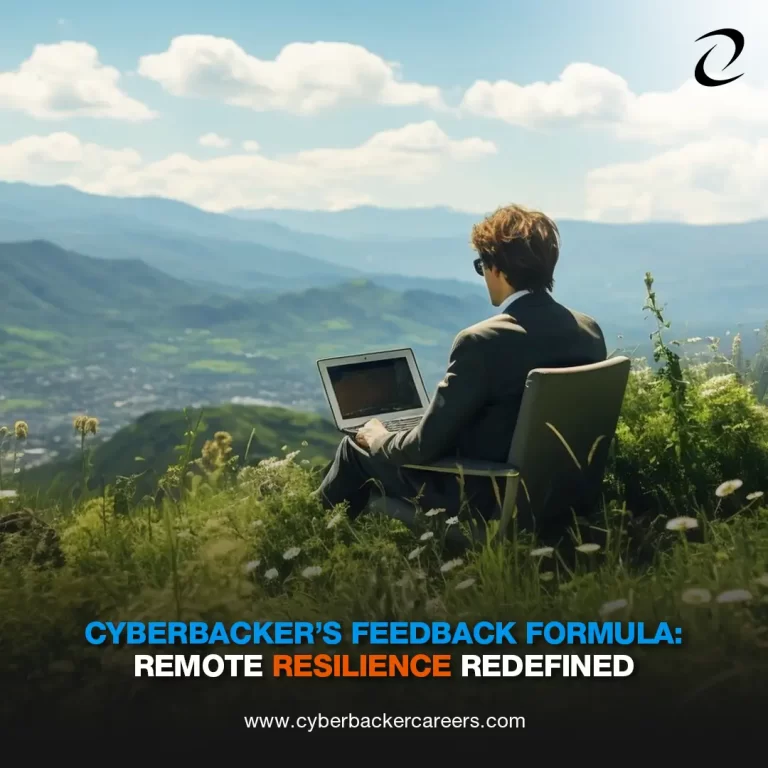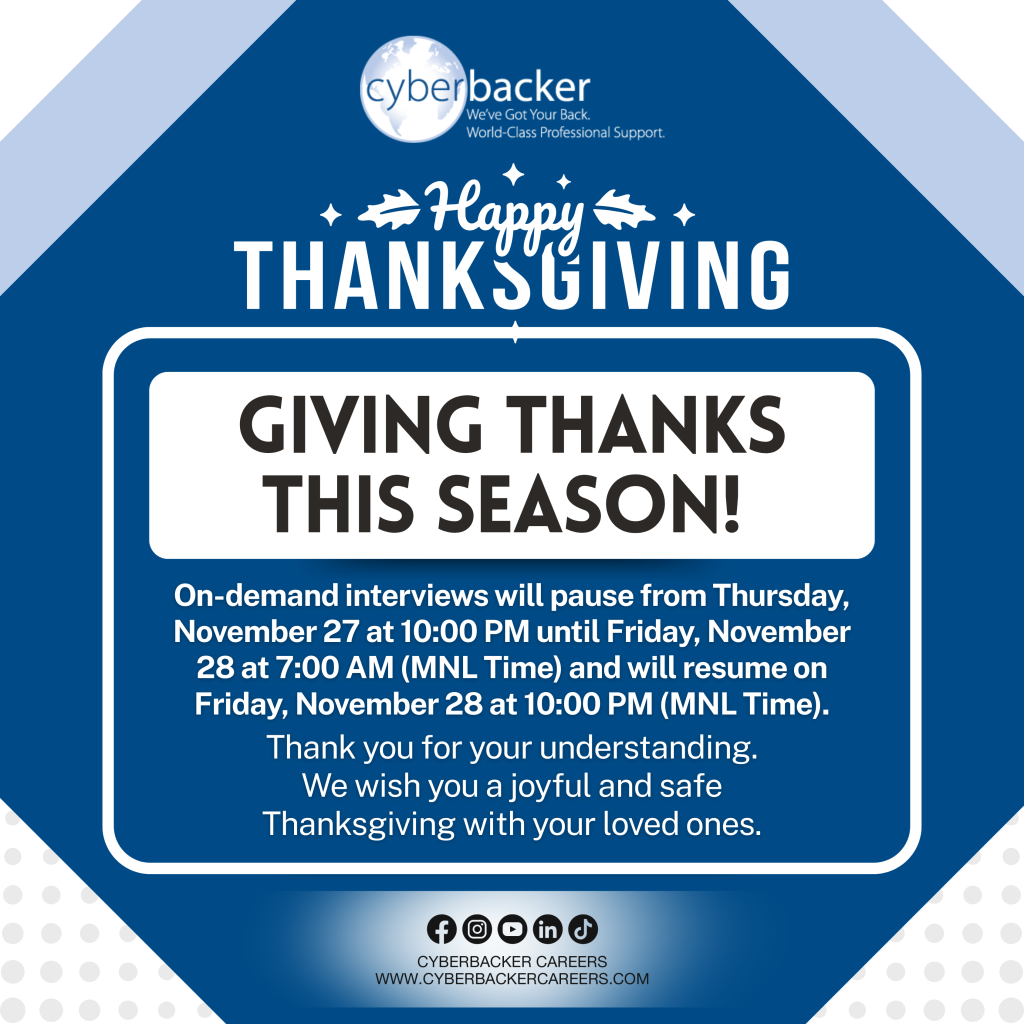The job environment for fresh graduates is vastly different from four years ago when they began their academic careers. COVID-19 dramatically altered how and where they operate. Some may be curious about what the world of remote employment means for today’s graduates. Fortunately, it appears to be looking up.
We’re all still learning. Flexible work is here to stay, and the talent environment has fundamentally changed. For some, remote work has opened up new career prospects, provided more family time, and allowed us to choose whether or not to commute. However, there will be obstacles to overcome. This year, companies have gotten increasingly compartmentalized, and digital weariness is a natural and unsustainable risk.
Remote work jobs function in the same way as traditional jobs. It includes a management structure, opportunities for advancement, and even friendships, regardless if online. However, they present you with a few distinct benefits and opportunities that aren’t available in traditional job environments. Remote employment has many benefits like the exciting lifestyle that remote workers post on social media, but it’s not always rainbows and butterflies. Here are some favorable and unwanted distinctions about working remotely.
PROS
Savings
Remote jobs can help you save money on work clothes, mainly if you work in a position where you must wear a suit every day. If you don’t know how to cook or pack a lunch, dining out may be expensive. While working from home does not exclude you from ordering takeout, it does allow you to prepare your meals and save money.
Work-Life balance, mental and physical health
Reduced stress, more happiness, and better overall well-being benefit from a healthier diet and regular exercise. It’s also a tried-and-true method of planning your day around your most productive hours. You may increase your job performance and establish a flexible timetable to boost your social life and decrease continual fatigue by adjusting your lifestyle to suit your abilities and schedule.
CONS
Separation of work and social life
People with traditional jobs can readily distinguish between work and social life. For most people, a job has set hours that begin and end when they leave the office. It is something that remote workers do not have. They live and work in the same place. It doesn’t matter if it’s a home office, a coworking space, or another venue. It can cause issues with work-life balance and can sometimes, unfortunately, can lead to burnout.
Constant distraction
Employers are concerned about the risk of constant distraction. Despite their online skills, graduates seeking a remote job must demonstrate to employers that they can work remotely. If the temptation of working from home drives your job hunt, you may have the determination and discipline to succeed. However, just because you don’t have the optimal skill set now does not mean you won’t have it later. Stay hungry, improve your resume, and you might find that a remote career is the next step on your career path.
Take this transition as a chance to get to know yourself better and what you want.
Now, it’s up to you if you think remote work is the right path for you. Think about the benefits and drawbacks before deciding if you’re one of the those seeking remote jobs after weighing out the pros and cons.
Think good. Think hard. The future you’re stepping into is what we’re talking about. You’d want to get a good head start for this.
